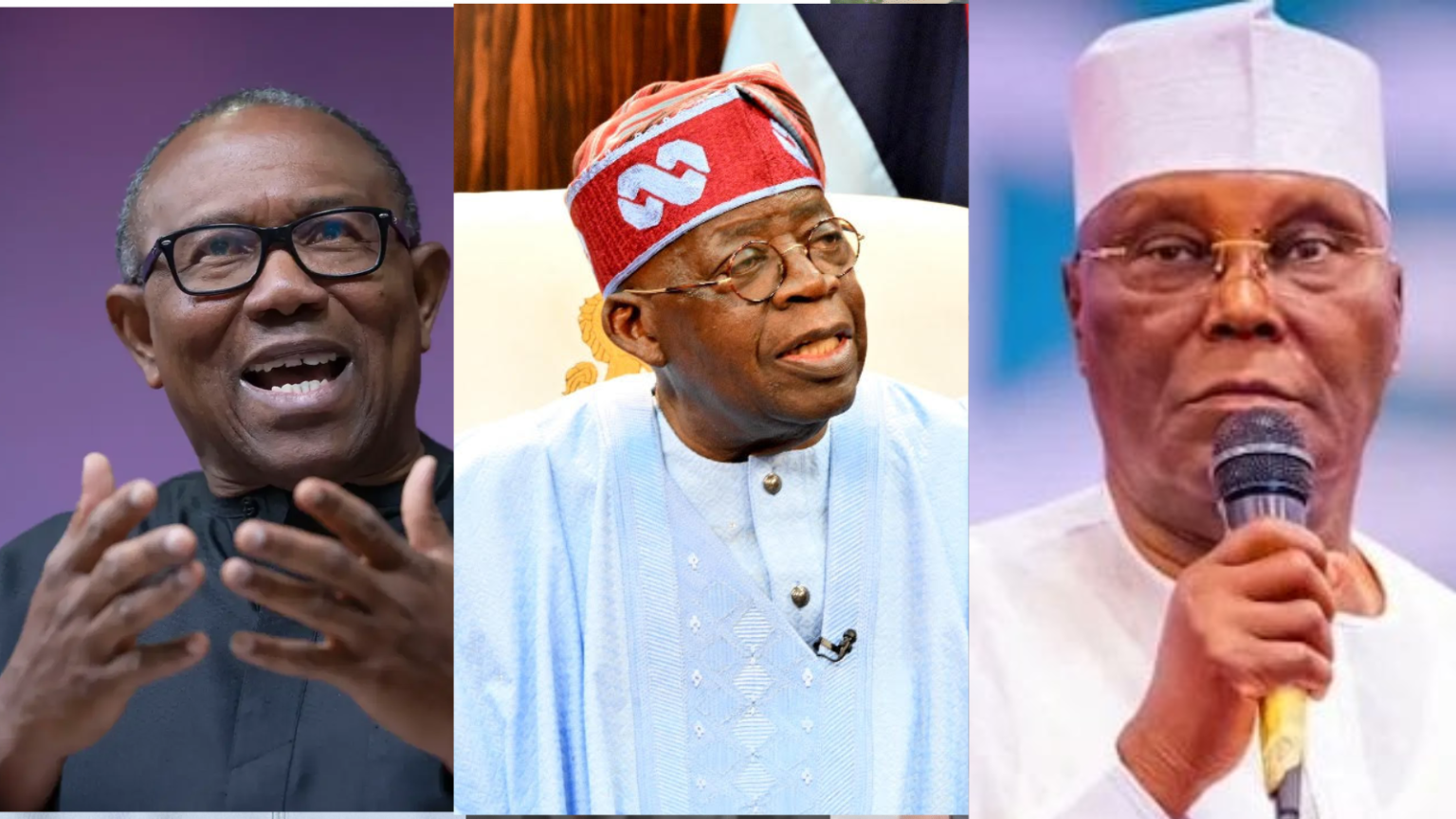Barely 24 hours after one another, two state governors from Nigeria’s main opposition party, the Peoples Democratic Party (PDP), have abandoned the party, deepening concerns that the country’s political landscape is tilting dangerously towards a one-party state.
On Tuesday, Peter Mbah, the governor of Enugu State, formally defected to the ruling All Progressives Congress (APC) alongside his entire State Executive Council. By Wednesday, Douye Diri, governor of the oil-rich Bayelsa State, announced his resignation from the PDP, further rattling opposition ranks.
The defections, confirmed by senior party figures and widely covered in Nigeria’s local press, have sparked renewed anxiety over President Bola Ahmed Tinubu’s tightening grip on power as the 2027 general elections approach.
Fears of a One-Party State
Opposition leaders, including former Vice President Atiku Abubakar and Peter Obi, the 2023 presidential candidate of the Labour Party, condemned the defections as “acts of desperation” by politicians seeking personal survival rather than serving the public.
They accused the APC of using state power to erode pluralism and weaken the democratic balance.
“The battle line is drawn,” Atiku said in a statement. “Nigerians will take their pound of flesh at the ballot box by rejecting those responsible for deepening the nation’s hardship.”
Similarly, the African Democratic Congress (ADC) described the wave of defections as “a dangerous sign for Nigeria’s democracy.”
ADC’s National Publicity Secretary, Bolaji Abdullahi, said the developments “betray the people’s trust and confirm President Tinubu’s determination to turn Nigeria into a one-party state.”
Governors Reportedly Poised to Follow
Sources within the APC told the New Daily Prime that several other PDP and opposition governors are preparing to join the ruling party in the coming weeks.
Among those reportedly in talks are Ademola Adeleke (Osun), Siminalayi Fubara (Rivers), Alex Otti (Abia), Caleb Mutfwang (Plateau), and Agbu Kefas (Taraba). If confirmed, these moves would further consolidate Tinubu’s political dominance across Nigeria’s regions.
At present, the All Progressives Congress (APC) controls 13 of the 19 northern states and governs nearly all 17 southern states, with the exception of Abia, Anambra, Oyo, and Osun. The Labour Party holds sway in Abia, the All Progressives Grand Alliance (APGA) controls Anambra, while the Peoples Democratic Party (PDP) remains in power in Oyo, Rivers, and Osun. Bayelsa State, now in political limbo following Governor Douye Diri’s exit from the PDP, is widely expected to tilt towards the APC in the coming days. The shifting political tide has also reached Nigeria’s National Assembly.
Since President Tinubu took office in May 2023, at least 13 senators and over 25 members of the House of Representatives have formally defected to the APC, according to records read on the Senate floor and House proceedings. The ruling party now commands a dominant majority in both chambers, holding 73 of 109 Senate seats and roughly 207 of 360 House seats ,M figures that further fuel opposition fears of unchecked executive power.
Read Also:
Douye Diri exits PDP amidst wave of political departures
Adamawa PDP labels defectors as self-interested amid party exits
Analysts say Tinubu’s growing political influence , particularly in traditionally opposition strongholds in the South, underscores his strategic effort to secure control ahead of the 2027 polls.
Critics argue that this consolidation risks marginalising dissent and undermining Nigeria’s fragile democracy, which has struggled to maintain competitive multiparty politics since the end of military rule in 1999.
Supporters, however, counter that the defections merely reflect pragmatic politics in a system where regional alliances and personal loyalties often override ideology.
While the APC celebrates its expanding ranks, opposition figures warn that the collapse of political diversity could threaten the health of Africa’s largest democracy.
The strength of democracy lies in credible opposition,” said political analyst Dr. Funmi Adebayo of Obafemi Awolowo University, Ile-Ife.
“If all major actors are absorbed into one dominant bloc, accountability suffers, and so does the electorate. With more defections expected in the coming weeks, Nigeria’s political map appears to be undergoing its most dramatic transformation in years, one that could reshape the contest for power in 2027.



